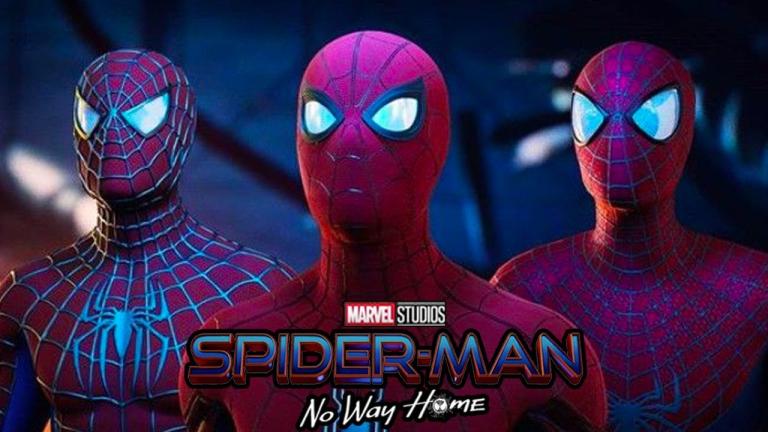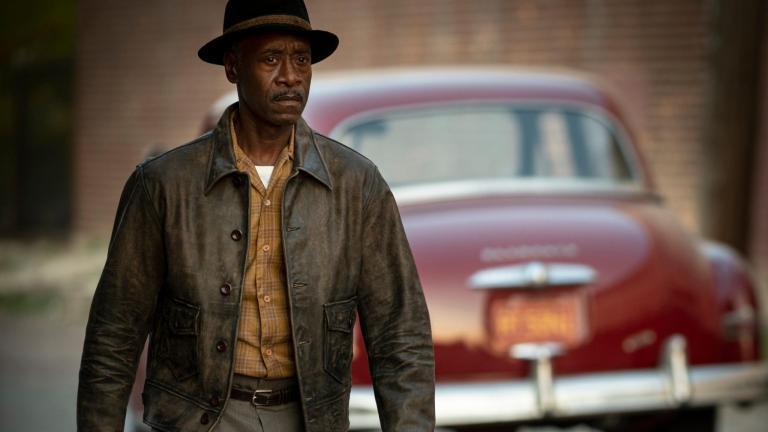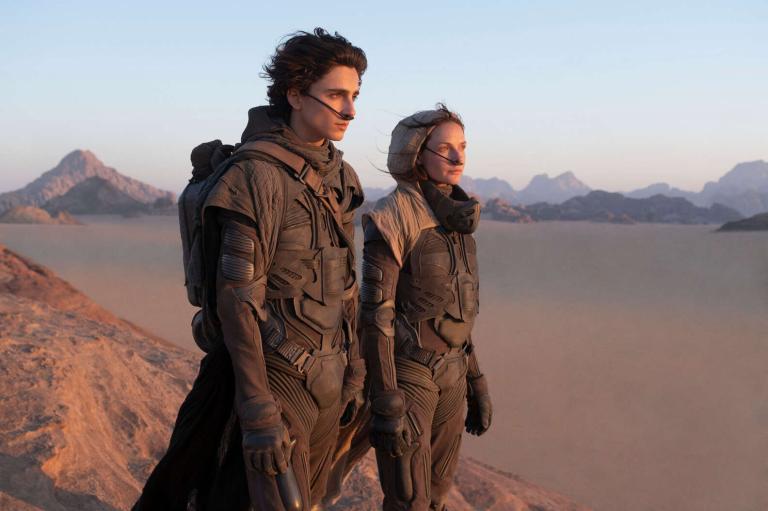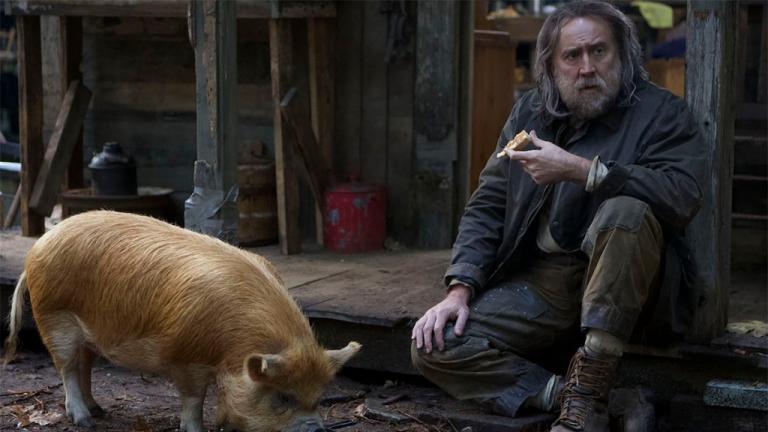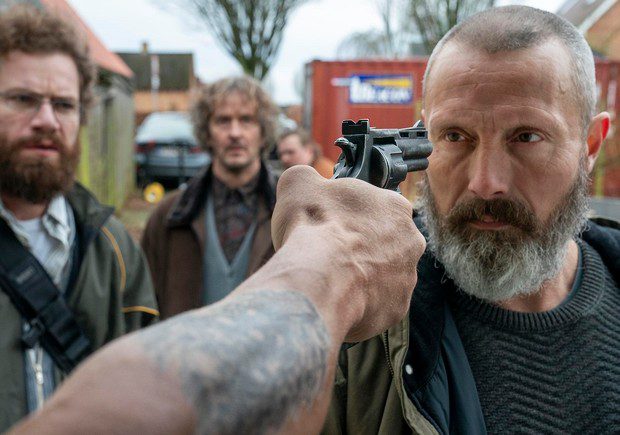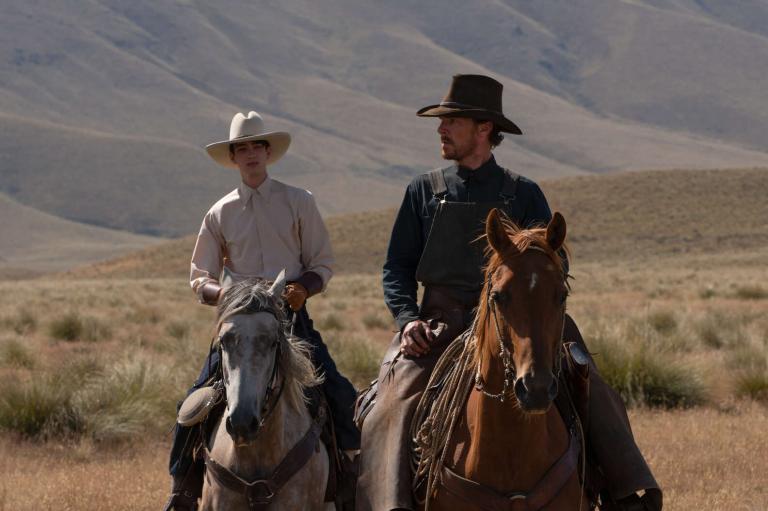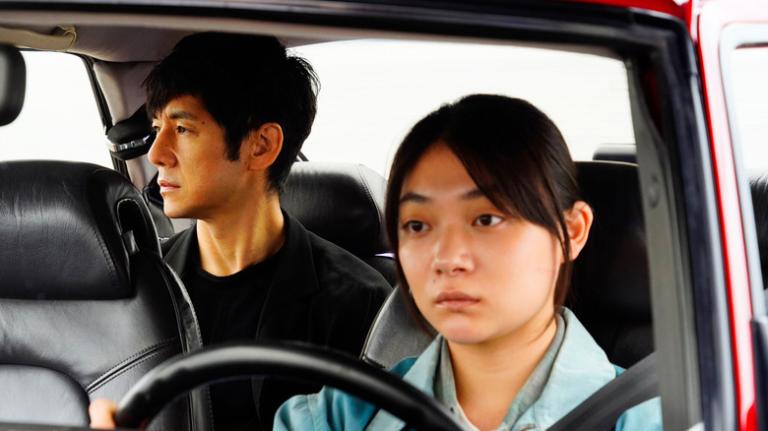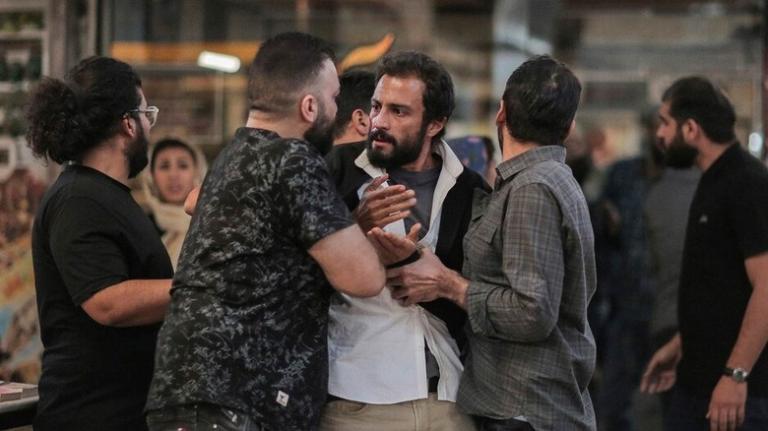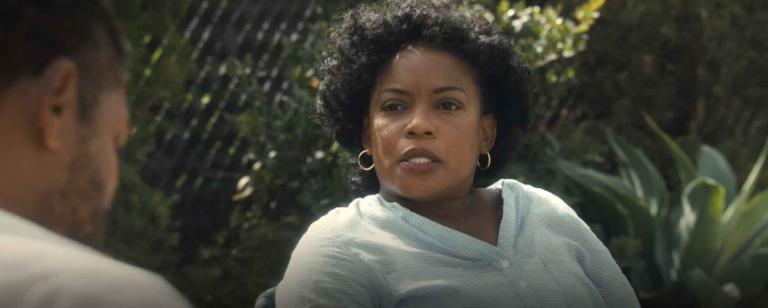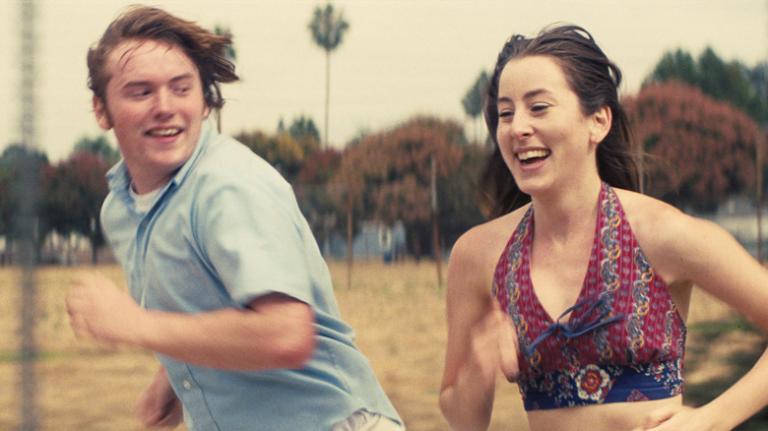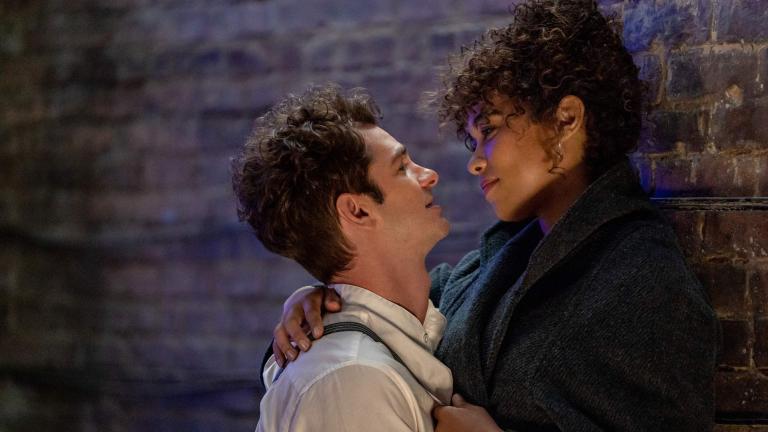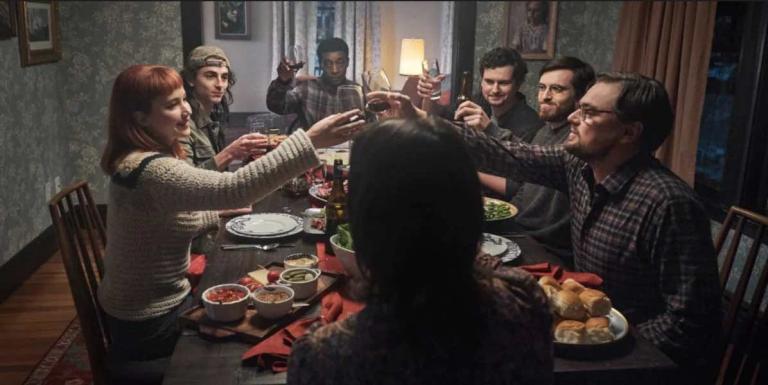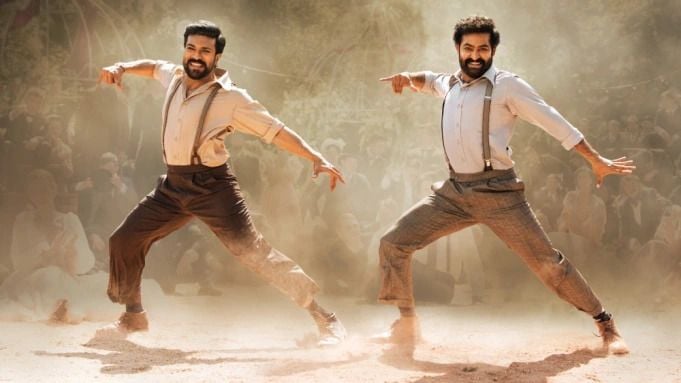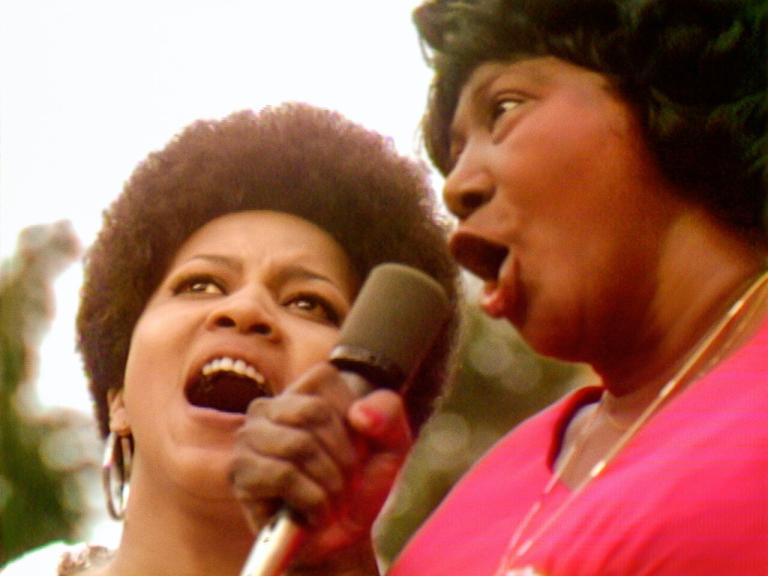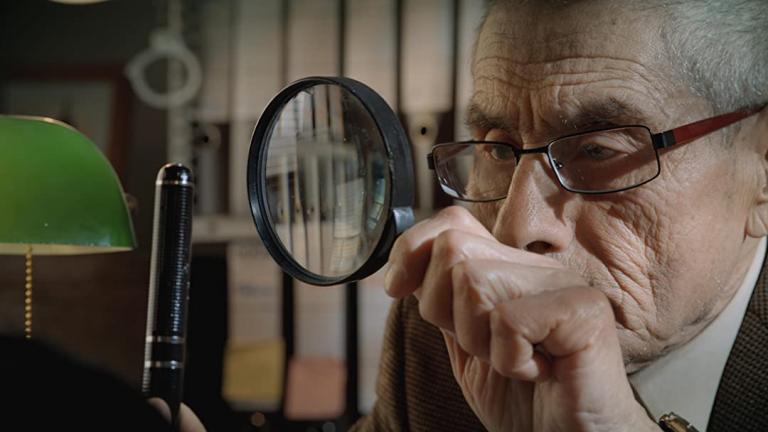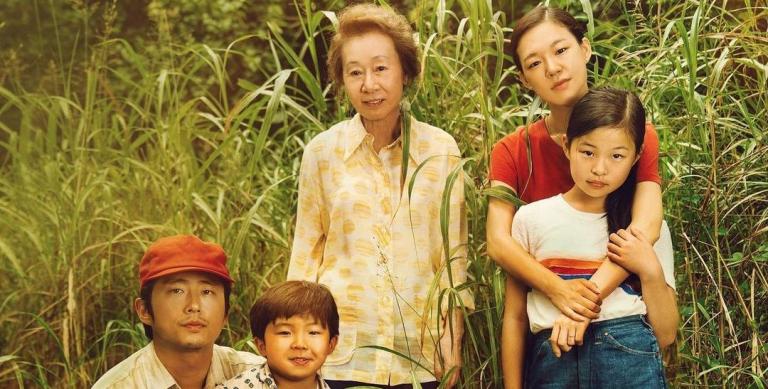I’ve devoted so many hours (years!) of my life to film-going. And yet, increasingly, movies now come to us. We don’t need to go anywhere. The options spread across streaming services are overwhelming. Even for film fans, it is tough to discern the patterns of where or when movies are released. The magic of lights dimmed within a crowded theater has been nearly lost to us. As the Academy Awards grow increasingly international and occasionally diverse, audience indifference to the Oscar race suggests that most of us don’t care about the best pictures anymore. Or at least, we have vastly different ideas about why we enter the theater. Do we avoid ambiguity and complexity in our movies? With so much pathos in our private lives, the visceral thrills provided by Marvel movies are a welcome relief. Yet, even the best superhero stories present us with ethical dilemmas that evoke our everyday realities. In 2021, not even Spider-Man could get by without a little help from his friends (and former enemies).
Grief, loss, and anger linger in the finest films of 2021. With Covid entering a third calendar year and American democracy undermined almost daily, we have ample reasons to be enraged. Can we summon enough empathy to find a point of connection, even with our perceived enemies? Where is God amidst this season of death and dread? It is easy to despair. It takes real artistic and spiritual attentiveness to forge a hard-earned hope.
Men continue to struggle with how to process our frustration. No Sudden Move explores systemic racism and historic inequities within a heist gone bad. Like so many Psalms, it stands out as a valid cry for justice. Nobody feeds our anger with a giddy, visceral kick. It is John Wick as average guy (in this case, Bob Odenkirk). In No Time to Die, James Bond develops highly personal reasons to punish his adversaries. Yet, the temptation to take the law into our own hands may not yield the results we seek. Nightmare Alley was the biggest disappointment of my cinematic year. So much style and such a talented cast tell us nothing we didn’t already know about the human condition. It failed to make me care.
Dune transported our power struggles to outer space with ponderous results. In the future, scarcity will still motivate our economic wars. Despite the staggering production design, inquiring minds want to know if the payoff in Dune part two will be worth the wait.
Are there better options for men aging out of their traditional roles than to go on an extended killing spree? The Killing of Two Lovers begins with bloodlust and revenge, yet this small movie heading towards domestic violence delivers a surprising spiritual punch. It forges a hard won third way for strained marriages.
In Pig, Nicolas Cage shows rare restraint as a widowed chef trying to recover his trusted truffle pig. The subtle twists kept me guessing throughout. Marvel movies like Shang-Chi and Spider-Man: No Way Home suggest that there are alternative ways to deal with our enemies. Second chances became a radical and refreshing option for dealing with supervillains. Shang-Chi is a domestic drama about familial expectations disguised as an origin story. I salute such personal storytelling from director Destin Daniel Cretton embedded within an eye-popping global franchise.
Our thirst for vengeance amidst a cruel world of terrorism and hate crimes is at the heart of Riders of Justice. Yet, this absurd Danish film shows us how pointless and self-defeating the search for revenge can become. The droll delivery of the cast led by Mads Mikkelson offers profound cinematic pleasures. The Harder They Fall begins as a rewriting of westerns with African-American cowboys and girls robbing Caucasians heading west. It reveals a commonality amongst the gunslingers a little too late in the ultra-violent story.
The Power of the Dog shows how repression and frustration can lead to a blinding bitterness. Director Jane Campion does a masterful job of illustrating how toxic masculinity can hollow out our soul. Expect her to earn another well-deserved Oscar because there is not a false note or wasted frame in this masterpiece of restraint. Filmgoers may be surprised by the biblical source of the title itself (especially since in plays more like a Greek drama). This slow burning western is available on Netflix for viewers with eyes (and patience) to see.
Drive My Car takes its time, before revealing hidden grief. We’re invited to get to know the characters, to study their faces, as they rehearse a multi-lingual version of Chekhov’s Uncle Vanya in Hiroshima. The layers of pain are peeled back slowly, expanding our empathy, and preparing us to receive a silent benediction that puts our suffering in context. I shed more healing tears at the conclusion of Drive My Car than any film in 2021.
A Hero could also be seen as slow and inscrutable. It follows an imprisoned debtor through a series of indignities in contemporary Iran that should spark rage. Small lies and efforts to save face have huge consequences in the social media era. What does everyday heroism look like amidst injustice? Filmgoers who sit with a grieving father and his family will discover how much courage it takes to continue striving amidst cruel systems. A Hero kept me off balance, sitting on pins and needles, with nary a gun in sight. It is a deeply humane masterwork comparable to A Bicycle Thief.
While spending time in lockdown hiding behind masks, dramas focused on immediate family invited us towards compassion. Mass puts the parents on a mass shooter inside a church, face to face with a victim’s family. Can we make peace with senseless gun violence and if not, how do we continue to go forward with our gaping emotional wounds? This chamber drama shows the scale of our collective scars, yet dares to suggest grace may still enter into horrific loss. Belfast shows how far parents may go to shield their children from violence, including the Troubles in 1970s Ireland. The evocative black and white photography places these nostalgic remembrances from Kenneth Branagh firmly in the past. The Hand of God also adopts an elegiac tone, but flights of fancy and moments of profound beauty emerge amidst family tragedies. The Lost Daughter explores a mother’s ambivalence towards parenting. What happens when our call towards a career may exceed our parenting capacity? Olivia Colman and Jessie Buckley explore complex emotions that we’ve rarely seen mother allowed to express.
The ache in the body of an aging Jockey is exceeded by his estrangement from family and commitments. As the end of his career approaches, a darkness settles over almost every scene. Clifton Collins, Jr. deserved much more notice for yet another compelling performance. Will Smith may win the Oscar that has eluded him for his generous performance as King Richard Williams. His single-minded commitment to raising a tennis star (or two, as Serena learns from her sister Venus’s experience) is quite winning.
Yet, Aunjanue Ellis’ may deserve the Academy’s recognition even more for her understated portrayal of the Williams’ Sisters mother, Queen Oracene. Those looking for a portrait of a frustrating but loving family will be buoyed by Coda. It is an unabashed heart tugger that earns our tears.
We desperately needed laughter in 2021. Perhaps that explains the Oscar nominations for a broad satire like Don’t Look Up. This obvious call to wake up to the climate crisis aims barbs in so many directions that we’re all invited to laugh at ourselves. An arch performance by Mark Rylance as an overreaching techno-billionaire resonated so firmly, it hurt.
The lightness and brightness of young love buoys Licorice Pizza. Characters run towards each other with reckless abandon. The nostalgic scenes and sounds brought a big 70s Smile to my face. Luca and Encanto are also fizzy and bright. Yet, the manic energy of The Mitchells vs. The Machines transported me towards comic delight. It also raises haunting questions regarding artificial intelligence and what we may losing in our blind embrace of technology. Shiva Baby rachets up the awkwardness at a funeral to dizzying depths. It mined comedy from considerable adolescent pain.
For my money, Barb and Star Go to Vista Del Mar was the standout comedy of 2021. Kirsten Wiig takes on dueling roles a la Austin Powers and goes all in alongside co-writer Annie Mumolo, with all kind of jokes and sight gags. Will audiences eventually get on its zany Midwestern wavelength?
Thanks to Steven Spielberg’s pedigree, West Side Story entered the Oscar conversation before it even premiered. And while the young performers were energetic and endearing, I came away not convinced we needed this remake (although the message that unchecked prejudice and anger will leave us all in grief still resonates). I preferred the street dances within In the Heights. I’m still a bit befuddled as to why it failed to find the audience Lin Manuel Miranda’s soaring music deserved.
The best musical of 2021 was directed by Lin Manuel Miranda and ingnited by Andrew Garfield’s charm. Streaming on Netflix, tick tick…Boom! captures the indefatigable spirit of composer Jonathan Larson before Rent rewrote the Broadway musical.
The Tragedy of MacBeth applies virtual production techniques to black and white arthouse style. In cutting Shakespeare’s source material down to a more audience friendly length, Joel Coen may well have set up Denzel Washington for his third Oscar. I preferred the ghosts summoned in The Green Knight. The most imaginative cinematography of the year snapped us back to the medieval era. Yet, the oft kilter tone may have kept mainstream audiences (and Oscar voters) away.
One may think our extended pandemic would inspire more spiritual reflection in cinema. Yet, the toxic co-opting of religion for political purposes has instead inspired horror movies like Saint Maud. We’ve seen the Bible twisted to justify all kinds of atrocities. While The Eyes of Tammy Faye may reveal her sincere tears of regret, the religious grifting by her husband Jim Bakker must not be tolerated. About Endlessness reaches all the way back to Hitler’s bunker to explore the spiritual malaise still hanging over Europe. The ghastly pallor on the characters turns this into the artsiest zombie movie ever. Nine Days invites us to consider life before birth rather than after death. What will we do with our one God-given life?
The most surprising prayer I saw onscreen in 2021 came out of Timothee Chalamet’s exvangelical mouth in Don’t Look Up. Faced with a catastrophe of our own making, we are invited to appreciate the beautiful moments we have shared around a kitchen table with family and friends. This was as close as many got to communion amidst Covid. Yes, we have failed to live up to our original calling to care for God’s creation. But filmmakers will continue to try to wake us up, calling us to love our neighbors and honor the profound gifts and responsibilities we’ve been given. The best films of 2021, A Hero and Drive My Car suggest that our motives will likely always be mixed and our best intentions misunderstood. Yet, there is another language that can rise above our cultural barriers. We can learn to see the person in front of us, to hear what they’re saying, despite our differences.
Finest Films of 2021
- A Hero
- Drive My Car
- Riders of Justice
- The Power of the Dog
- Licorice Pizza
- Pig
- Shang Chi and the Legend of the Ten Rings
- No Sudden Move
- Coda
- Barb and Star at the Vista Del Mar
- tick tick …Boom!
- Jockey
- The Killing of Two Lovers
- The Green Knight
- Mass
- King Richard
- The Hand of God
- The Mitchells vs. The Machines
- Belfast
- About Endlessness
- Spider-Man: No Way Home
- The Harder They Fall
- Dune
- No Time to Die
- Don’t Look Up
Still to be seen: The Worst Person in the World, C’mon, C’mon, The Card Counter, Parallel Mothers, Spencer

